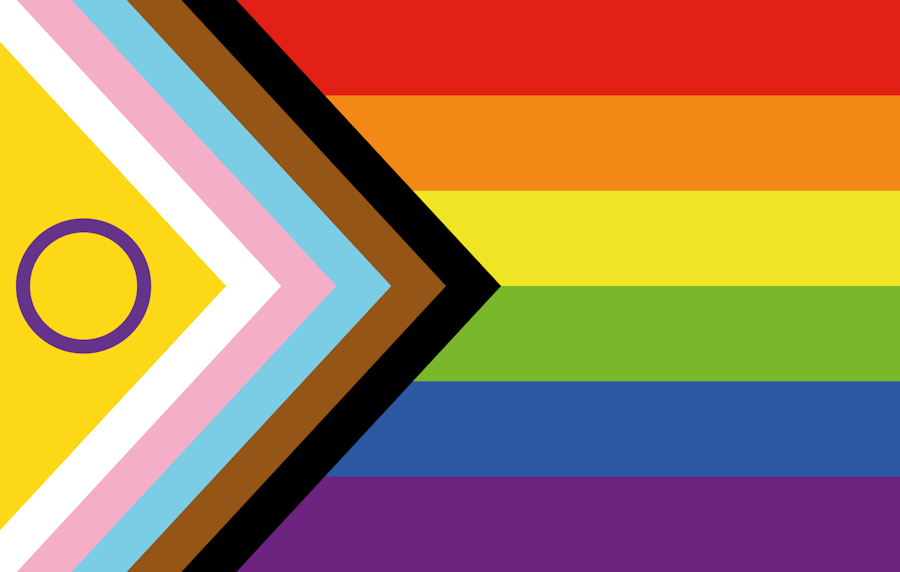Recognizing Anorexia Athletica in Athletes
Recognizing Anorexia Athletica in Athletes
By Timberline Knolls Staff
Anorexia athletica, also known as exercise bulimia, is a type of eating disorder that involves excessive exercise in athletes. The disorder is similar to anorexia nervosa, a condition that involves restrictive eating. With anorexia athletica, a person may restrict their diet as well as overexercise, resulting in dangerous weight loss and malnutrition. Anorexia athletica can be difficult to detect, but it is important to receive treatment for the disorder as soon as possible to avoid physical and emotional damage.
Understanding Anorexia Athletica
Anorexia athletica is an eating disorder that affects athletes. Typically, the more physical activity you get, the more calories your body needs. However, those who struggle with anorexia athletica consume limited calories despite their high activity levels.
The restrictive eating of anorexia athletica is similar to that of other eating disorders like anorexia nervosa. Focus on appearance, distorted body image, and fear of weight gain can also be present in those who have anorexia athletica. However, individuals who have anorexia athletica may not meet all the criteria for other eating disorders, making it an eating disorder not otherwise specified (EDNOS).
What Causes Anorexia Athletica
Anorexia athletica can be difficult to detect because exercise can be healthy and an essential part of training for athletes. An athlete’s dedication to their sport may even be mistaken for the symptoms of anorexia athletica. Athletes are typically under immense pressure from coaches, teammates, and peers to be in the best shape they can be. Unfortunately, many sports have an emphasis on losing weight and even require regular weigh-ins, which only exacerbates the problem.
Participation in sports in which athletes feel pressured to lose weight in a short amount of time, like wrestling and boxing, may also increase an athlete’s risk for anorexia athletica behaviors. According to one study, 33% of male athletes in weight class sports showed signs of an eating disorder. For women in weight class sports, nearly 62% of athletes reported disordered eating.
For some, low self-esteem and negative body image may also play a role. Sports like gymnastics, swimming and diving, and dance involve tight-fitting uniforms that may worsen body dysmorphia for athletes.
Eating disorders like anorexia athletica are considered mental health conditions, and other mental health disorders, such as anxiety, depression, and obsessive-compulsive disorder, may increase a person’s risk for developing an eating disorder.
Warning Signs of Anorexia Athletica
While anorexia athletica may go undetected even by the person who is struggling with it, there are some warning signs to watch closely for. One of the main signs of anorexia athletica is restricting calorie intake. Restricting calories can result in some noticeable side effects, such as:
- Difficulty concentrating

- Lack of energy
- Fatigue
- Irritability
- Increased recovery time between workouts
- Frequent injuries
The other major sign of anorexia athletica is excessively working out. This can involve feeling anxious, angry, or guilty when having to miss a workout and becoming defensive when told that they work out too much.
Left untreated, the symptoms of anorexia athletica can lead to damage to the bones and joints, a weakened immune system, arthritis, osteoporosis, and irregular menstruation. It is important to take the signs of anorexia athletica seriously and seek treatment for the disorder right away to prevent future damage.
Treating Anorexia Athletica
Anorexia athletica is treatable and requires the right mental health, nutrition, and fitness care. Therapy from a mental health professional can treat the symptoms of a range of eating disorders, including anorexia athletica. During therapy, an expert will discuss patterns of thinking, coping, and behavior to determine the root cause of anorexia athletica.
An important part of anorexia athletica treatment is discussing nutrition and how to work out in a healthy way. In treatment, those who are struggling with anorexia athletica can learn how to focus on optimizing their nutrition while avoiding dangerous calorie restricting, and finding a more balanced exercise routine.
If you or someone you know is struggling with anorexia athletica, help is available.





